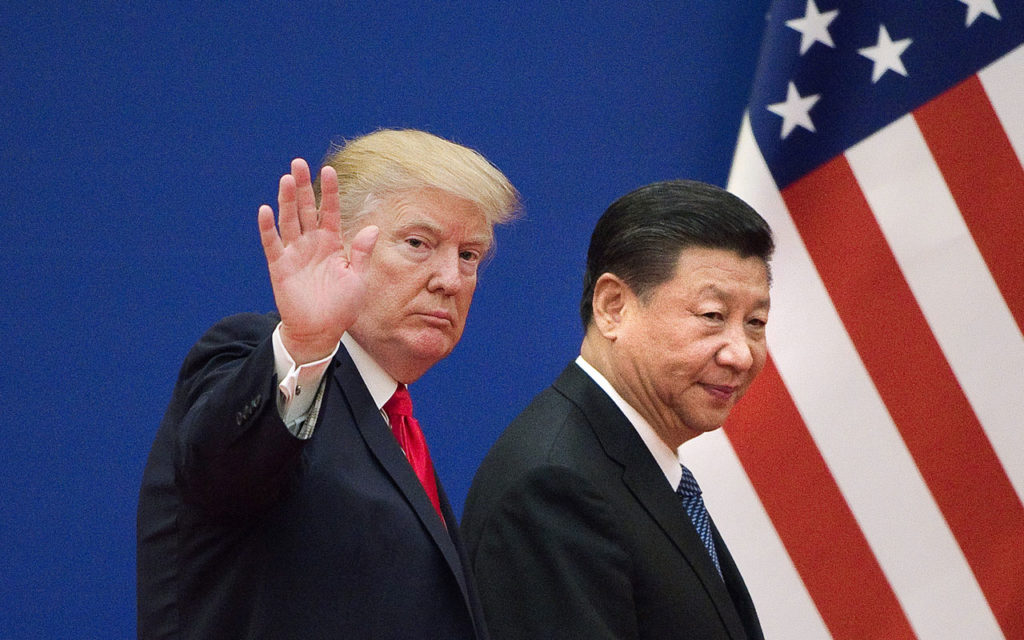This post has already been read 2386 times!
Donald Trump is firing a parting shot at Beijing. To stop more money from flowing into the People’s Republic, the lame-duck U.S. president signed an executive order to block U.S. investment in Chinese companies deemed to be military-backed. The decision creates another headache for American fund managers and momentum for further decoupling that may be hard to roll back.
The Trump administration has been ratcheting up the pressure in this arena over the past year. In February, U.S. Secretary of State Mike Pompeo warned state pension funds, including the $400 billion California Public Employees’ Retirement System, about investments that jeopardised American defence forces. BlackRock also was called out by Congress for its Chinese allocations.
Thursday’s order would turn threats into broader actions with potentially wide-ranging impact. Starting on Jan. 11, any transactions in shares with companies designated under the order – directly or through funds – will be prohibited. A longer grace period is granted for U.S. companies and individuals to divest their holdings.
So far, Washington has tagged 31 Chinese companies, but the blacklist could easily get longer. China Mobile, whose shares are listed in both New York and Hong Kong, lost $8 billion of market value alone on Friday. The telecommunications operator is one of the top 10 constituents of the MSCI China Index. U.S. entities own about 2.7% of the company, or 10% of the free float, according to estimates by Jefferies analysts.
It is unclear which funds are affected, and it isn’t even certain Trump’s directive will stick. His shambolic effort to ban video app TikTok, owned by China’s ByteDance, is one example of how difficult the situation is to read. The order also is set to take effect just a week before Trump relinquishes the Oval Office to Joe Biden. That means the new president could repeal the investment ban.
He will be reluctant to be perceived as soft on China, however, and there is bipartisan support for taking a tough position against President Xi Jinping. That means this edict, and any others like it, put U.S. investors in as much of a bind as the companies being targeted.



